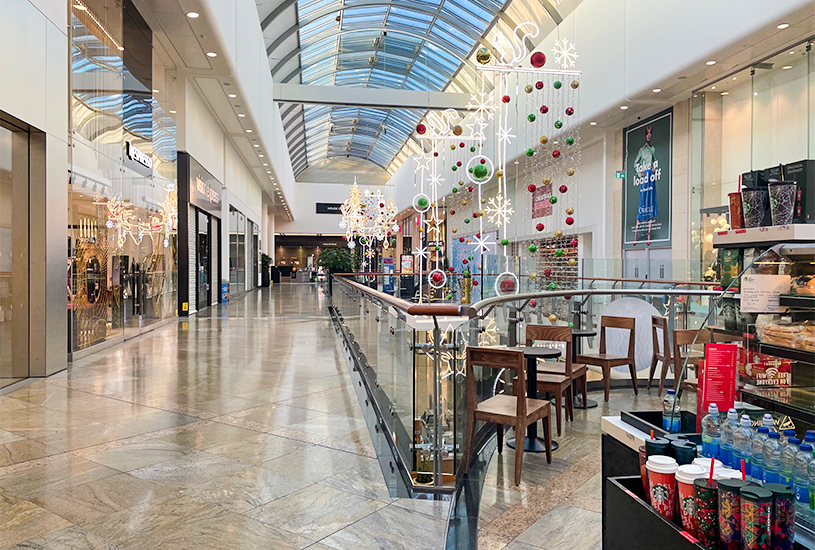
Recently, many UK supermarkets have undergone major headcount cuts and restructuring, leaving them with even fewer staff to manage the day-to-day demands of busy stores.
Combined with rising labour costs, the ongoing boom in online shopping, and supply chain issues, these staff reductions have made it difficult for stores to maintain the levels of service needed. For brands, this presents serious obstacles when it comes to keeping shelves well-stocked and ensuring that point-of-sale (POS) displays are properly set up, especially during crucial trading peaks.

Stock Availability Issues
Keeping shelves stocked is vital, but when supermarkets are short-staffed, it often means delays in product replenishment. Retailers frequently have restocking delays caused by staff shortages, with some stores taking up to 24 hours to move items from the stockroom to the shop floor. Or frequency only having replenishment on set days or in set hours. For brands, this can be a major problem - especially when they've invested heavily in seasonal marketing campaigns. If customers can’t find products on the shelves, they’ll likely turn to competitors, resulting in missed sales. Indeed 39% of people will choose a competitor's brand if they have to, and up to 75% won’t switch back*.
POS Compliance Takes a Hit
POS displays are key for catching the shopper’s eye, but when stores are understaffed, these often become a low priority. 45% of supermarkets admit to delays or incomplete POS setups during peak periods, which can seriously affect product visibility**. Research shows that poorly displayed POS materials can lead to a 20% drop in sales during important shopping seasons, meaning brands lose out on potential revenue.
Trading peaks: A Perfect Storm
Trading peaks are always a hectic time for supermarkets, with events like Easter, Christmas, Black Friday and other seasonal trading peaks, driving higher foot traffic and sales. However, it's also when staff shortages hit the hardest. More shoppers means shelves empty quicker, and there are fewer staff available to restock and set up POS displays. Many retailers struggle to keep operations running smoothly during this period, which causes frustration for both brands and customers alike.
How Brands Are Tackling the Problem
To get around these issues, more and more brands are turning to third-party field teams to manage stock levels and ensure POS compliance. These teams work on the shop floor to make sure products are replenished and displays are correctly set up.
Plus, with the help of real-time reporting tools, brands can quickly identify any issues, meaning they can act fast to make sure they don’t miss out on sales. This hands-on approach allows brands to keep their visibility and sales strong, even when supermarket staffing is stretched thin.
Be proactive - Act now
While staff shortages are likely to continue for the foreseeable future, brands can still stay ahead of the competition by adopting proactive solutions. By using field teams and real-time data, they can ensure stock is available and displays are in place, even in the most challenging retail conditions.
We have a range of flexible Field Teams that offer national coverage, flexible scaling options with the ability to ramp up or down, with detailed reporting. Act now to stay ahead during your seasonal trading peaks with our teams, ready to deploy in as little as 72 hours. To find view more details click here or contact us.
*(Think with Google)**(McKinsey and company)


 2 minute read
2 minute read


